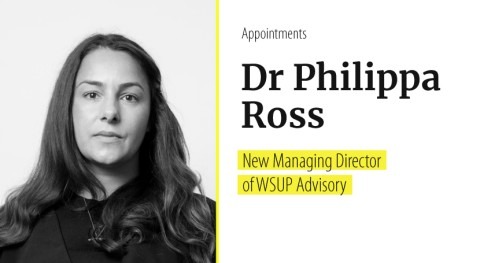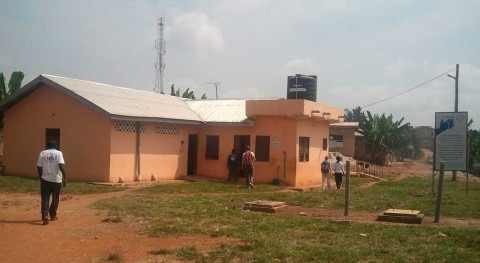To mark World Toilet Day, celebrated every year on the 19th of November, WSUP released a new report that identifies steps needed to support cities in delivering citywide sanitation services.
In one in seven countries, access to basic sanitation is decreasing. Even in cities, where access to safely managed sanitation is more prevalent than in rural areas, gaps between the rich and the poor continue to be stark.
Building toilets is important but it cannot be the solution. A systems approach is needed to address the issue.
Entitled Systems Reboot, the report identifies four components crucial to bringing change for all urban residents:
- Begin by optimising one part of the system, to overcome institutional inertia and secure buy-in for wider change
- Embrace the power of process, recognising that simply bringing people together to discuss challenges can help to move change forward
- Design investments to address genuine system constraints, rather than purely directing investment towards more tangible infrastructure projects
- Anticipate and factor in delays, due to the likelihood of unexpected political, economic or capacity constraints slowing down progress
Using systems thinking principles, the report discusses how complex, widespread change happens across cities, offering recommendations for other urban policymakers attempting to remove barriers to universal access to sanitation.
The findings are based on in-depth analysis of 10 years of action in Lusaka and Maputo, facilitating discussions with around 20 key city stakeholders and using systems thinking to identify interdependencies between multiple actors, projects and initiatives.
Each case study looks at one particular component of the system that was identified by stakeholders as being significant: a community-based, utility-managed faecal sludge management (FSM) service in Lusaka, and the planned introduction of a sanitation tariff in Maputo.








